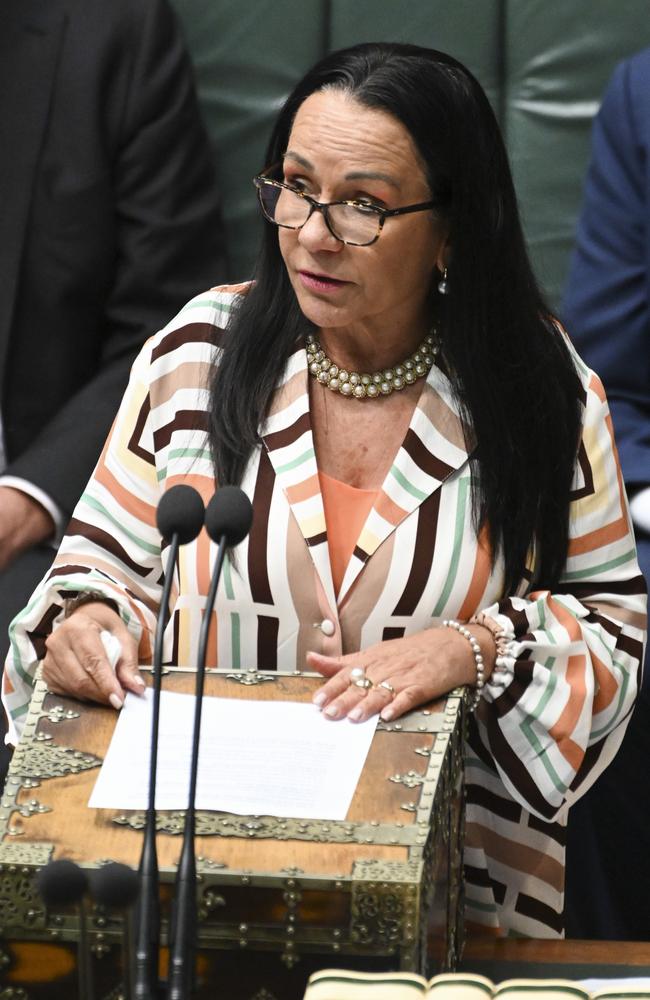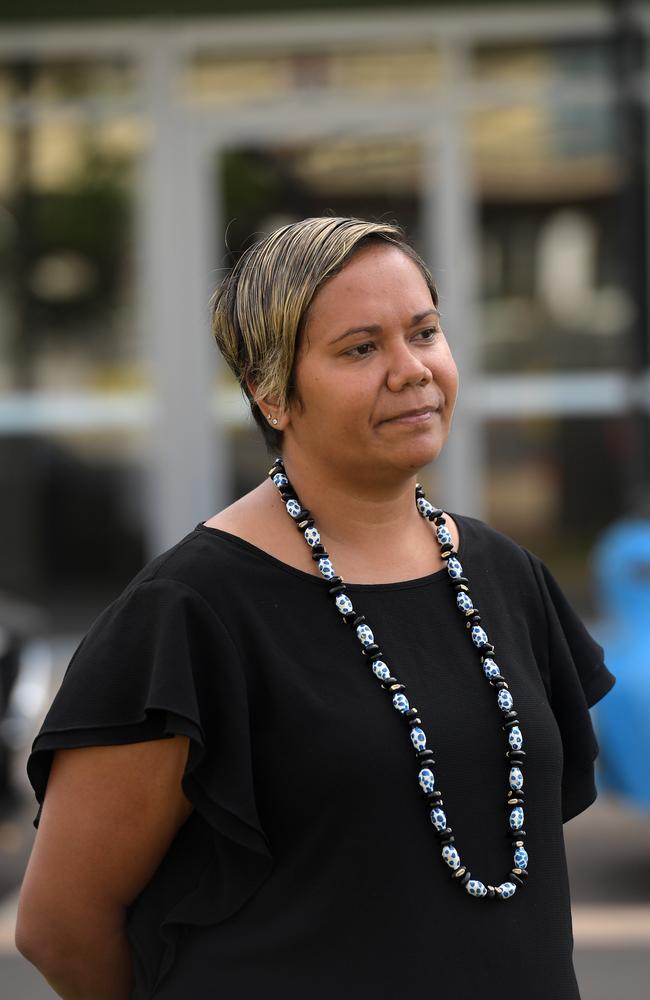Federal government pitches in to reduce overcrowding in NT homes
A $100m commitment from the federal government will see a higher number of roofs over remote residents’ heads. Find out when to expect the new housing plans.
Northern Territory
Don't miss out on the headlines from Northern Territory. Followed categories will be added to My News.
A $100m commitment to providing affordable housing to remote Territorians will be the focus of a national conference this week.
Housing experts from across the country will converge in Darwin to determine how best the federal government’s money can be spent on essential living infrastructure.
The commonwealth’s financial commitment will cost $25m in 2022-2023 and $75m in 2023-2024.
It comes after University of NSW City Futures Research Centre found between 8000 and 12,000 new dwellings would be needed in the NT by 2041.
Data from the Australian Bureau of Statistics revealed overcrowding among Aboriginal and Torres Strait Islander households declined by 10.2 percentage points since 2001.

The Restoring Funding for Northern Territory Homelands agreement hinges on the NT government’s engagement with NT Land Councils and Aboriginal Housing NT to support and monitor the program’s delivery.
The agreement comes two years after the NT government announced its intention to negotiate funding for Aboriginal communities with the commonwealth.
In the agreement’s first year, “rapid works” in Bardalumba Mawulyumanja, Akwalirrumanja, Yedikba, Paru, Rockhole, M’bunghara, Town bore, Utily, and Utopia Homelands will be completed.
The agreement’s second year will see “regional work plans” as well as work on four additional Utopia homelands communities.
Indigenous Australians Minister Linda Burney was contacted for clarification on what the scheduled works would involve, but has not responded.
The federal and NT government’s partnership will not replace the NT’s existing Homelands Program.
Aboriginal Housing NT chief executive Skye Thompson said she was thrilled Housing and Homelands Minister Selena Uibo would open the organisation’s first conference on April 18.
“We need leadership at every level to work with us to build a new system of Aboriginal housing – plenty of healthy and appropriate housing, preferably under Aboriginal community control.
“We need to build up our homelands into thriving on-Country communities – and the time to start that work is right now.”

Despite a decline in overcrowding in the NT, 30.6 per cent of Aboriginal and Torres Strait Islander households in 2021 still required one or more bedrooms to be considered suitable – 6 per cent needed four or more.
Minister Uibo said the $200m Room to Breathe program was on track with $71.2m spent to date.
Families in Angurugu and Galiwin’ku recently received upgrades to their homes to improve living conditions under the program.
One home was converted from a two-bedroom house to a five-bedroom residence, and another received two bedrooms, a storeroom, outdoor living area, accessibility modifications, an additional kitchen pantry, a new solar hot water system, and a lick of paint.
Angurugu will receive 33 new builds Galiwin’ku will receive 87.
Combined, 96 homes in the two communities will be renovated thanks to the Room to Breathe program.




